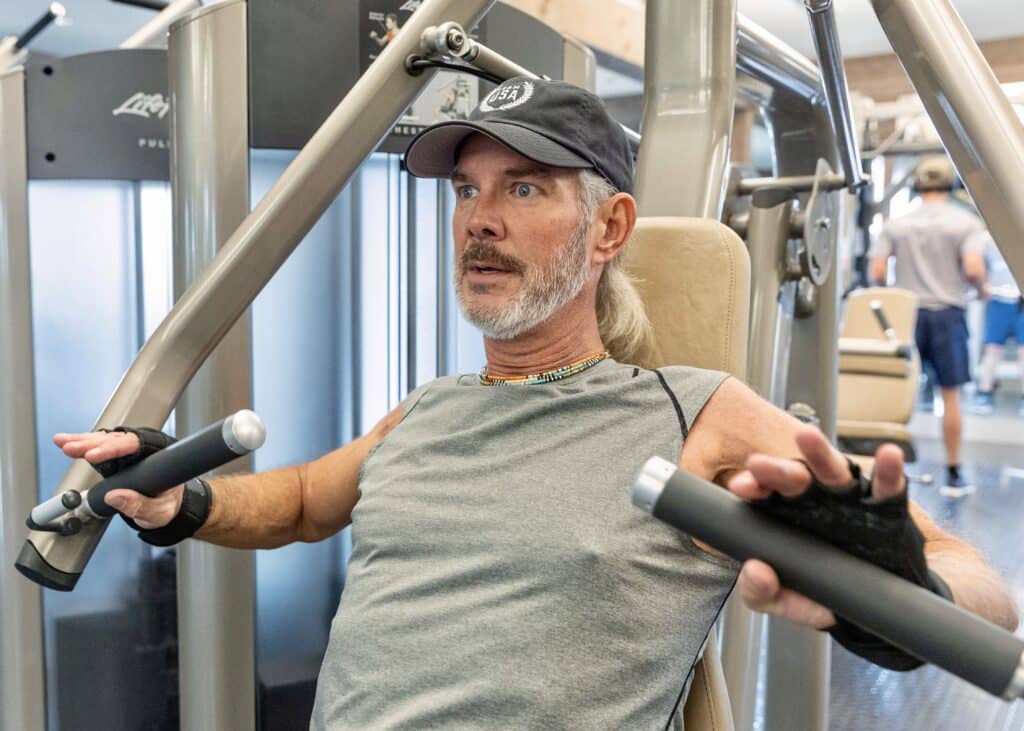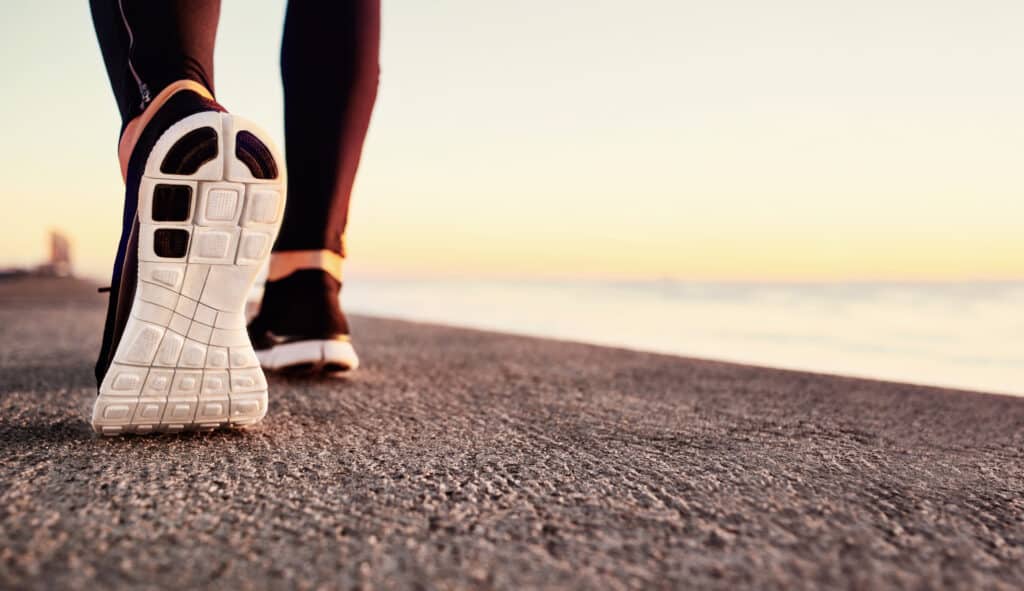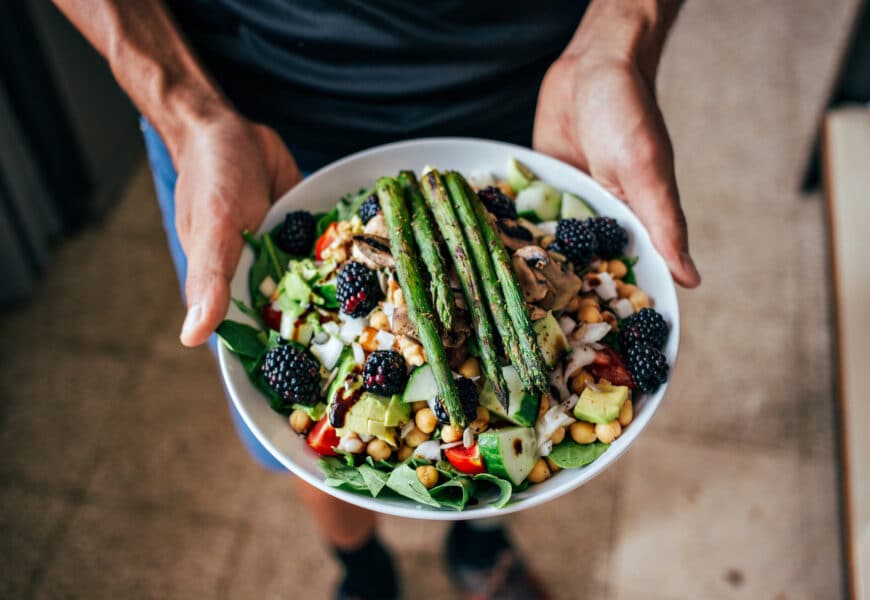Right now, you may be thinking about new goals, new ideas, and new habits you’d like to start. Walk more. Eat less. Stop scrolling on the phone so much and wondering where the last 123 minutes just went.
It may be the holiday season, but for many of us, it’s also the habit-brewing season—the time of year when we’re busy concocting our latest plan to improve our health one step at a time.
As we all know, habit formation can sometimes seem about as easy as moving a couch up a four-story walk-up apartment. That’s because not only is it difficult to break old habits, but it’s also hard to start new ones—to practice a new routine, to work away from our default behaviors, to think about our bodies and health in different ways.
Recently, I started a new habit as part of my continual journey of striving for optimum wellness. I’m eating completely vegetarian two days a week. I’ve found that my body doesn’t need animal protein as much as it used to, and I’m working on converting to more plant-based meals. My wife makes a wonderful dahl dish, as well as veggies sauteed in curry spice. And wow, if those aren’t as good as anything I’ve ever eaten.
My goal is to increase from two days a week to a few more. But right now, I’m just concentrating on the habit-formation steps that I know work for me. Don’t try to make a million changes at once. Just start with small steps. Together, they can add up to big results.
By doing it that way, you’re eventually going to get where you want to go—and you’re going to be darn proud of how you got there.
Help Yourself

I always view the new year like opening up a new pack of gum.
There’s just something nice about the freshness of it all that feels, well, nice.
It’s often why we start new habits, and it’s often the symbolic starting line for so many of us who want to get back on track.
It turns out that your body really wants to help you when it comes to forming new habits. It used to be believed that your brain’s ability to learn new things shut down around the age of 25, but now, there’s evidence to suggest that neuroplasticity—essentially your brain’s adaptability—is humming along at any age. That means you can create new neurons and new connections, which means you can create new habits as those connections fire with new activity.
How do we keep that neuroplasticity going as we age? Researchers says that three things are especially helpful:
- Physical activity. This isn’t surprising as exercise is basically one of nature’s best medicines, but it works here by increasing blood flow to the brain.
- Skill formation. Learning new things is what forms those connections between neurons.
- Paying attention. Being mindful (and not living on that thumb-tapping autopilot mode that we’re so prone to do) is also helpful.
The Secret Ingredient

Know someone who lays out their exercise clothes before they go to sleep?
Well, it’s not just to save 42 seconds in the morning. It’s because it works in terms of the psychology of habit formation.
It’s one thing to declare you want to start exercising before work (it’s quite another when the alarm buzzes at 5:42 a.m. and you snooze it until 7:03 a.m., feeling guilty every time you tap-tap-tap it).
The running-shoe-by-the-bathroom trick works because it’s a cue. That cue says, “Hey there, remember that goal you had? Well, those dumbbells aren’t going to lift themselves, buddy!”
The process works like this: A cue initiates a behavior, and if the behavior turns into some kind of reward, your brain learns (remember, plasticity!) that the behavior is good to do over and over again.
See shoes, work out, feel great from the endorphins, do it again!
Repeat the loop, and you’ve learned how to get your feel-good hormone of dopamine working in your favor to develop healthy habits.


